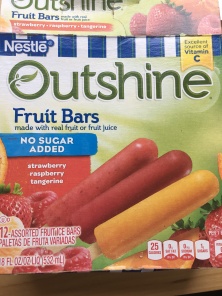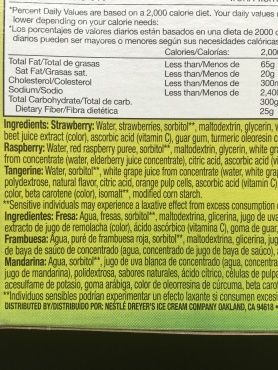I recently watched two award-winning documentaries – “Merchants of Doubt” and “Sugar Coated”. Both films point out how the same PR tactics used by the tobacco industry to mislead the public about the dangers of smoking are also used to create doubt about the reality of climate change and to hide the studies showing the dangerous effect of sugar.
In “Merchants of Doubt”, the film uses a professional magician’s methods of distracting the audience to create illusion as an analogy to what some scientists and others are doing to distract us from the reality of climate change and thereby forestall governmental action.
“Sugar Coated” focuses on the obesity, diabetes and heart disease rates that have skyrocketed as the amount of sugar consumed has also skyrocketed over the past few decades. For the first time doctors are seeing children suffer from fatty liver disease. The sugar industry was able to deflect the negative health claims about sugar in the 1970’s, but it is doubtful they will be able to do it again.

Both films are extremely well done and alarming in their exposes. Why are these truths hidden? One reason is greed. For the sake of our health, for the health of our children and future generations, and to keep our planet a place where humans can live and thrive, we must look at these issues realistically.
On one of these long winter nights, settle down and watch these documentaries. Then act – keep leading a greener lifestyle, cut back on sugar and spread the word!
For more green living tips, visit greenwithbetsy.com.
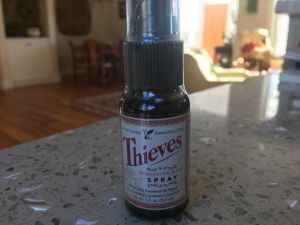 Thieves Oil Spray…..
Thieves Oil Spray…..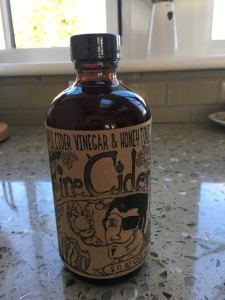 Fire Cider…
Fire Cider…




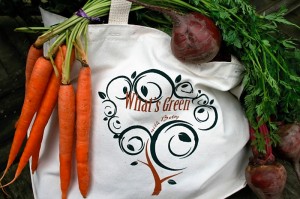
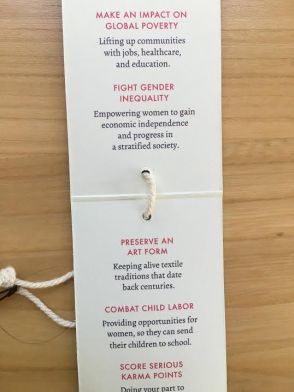
 Fair Trade USA label or a comparable label like the one above.
Fair Trade USA label or a comparable label like the one above.
